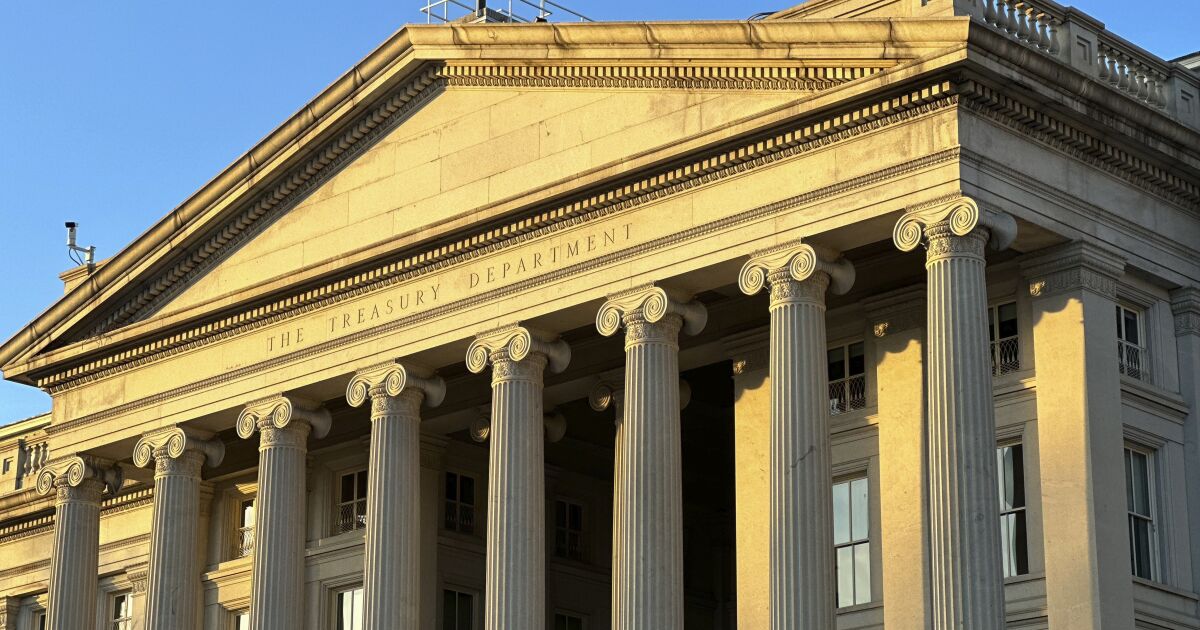The US government slammed into its debt limit on Thursday, prompting the Treasury Department to take “extraordinary” accounting steps to avoid a default, but friction between President Joe Biden and House Republicans raises concerns about whether the US can avoid an economic crisis.
The Treasury Department said in a letter sent to congressional leaders that it had begun taking “extraordinary measures” because the government had reached the limit of its legal borrowing capacity of $31.38 trillion. The artificially imposed debt limit has been raised some 80 times since the 1960s.
“I respectfully ask Congress to act swiftly to protect the full confidence and credit of the United States,” Treasury Secretary Janet Yellen wrote in the letter.
So far the markets remain calm because the government can resort to accounting maneuvers for now to continue operating, and any threat to the economy would be several months away. Many analysts, despite their fears, take it for granted that there will be a deal.
But this particular moment seems more tense than other similar occasions because of the stark differences between Biden and the new Speaker of the House of Representatives, Kevin McCarthy, who heads a surly Republican caucus.
These differences increase the risk that the government will default on its financial obligations for political reasons, a problem that would rock financial markets and, if left unaddressed, plunge the world’s largest economy into a recession that is so far entirely avoidable.
Biden and McCarthy have several months to reach an agreement, while the Treasury Department implements its measures to keep the government running, at least until June. But partisan hostility that has been building for years has led to a conflicting set of demands that jeopardizes the ability of lawmakers to collaborate and fulfill a fundamental duty.
Biden insists on a “clean” debt limit increase so that current financial obligations can be met, refusing to even talk to Republicans. McCarthy called for negotiations that he believes will lead to spending cuts. It’s unclear how much he wants to cut and whether his fellow Republicans would accept any deal after a contentious start to the session that required 15 rounds of voting to elect McCarthy as speaker.


